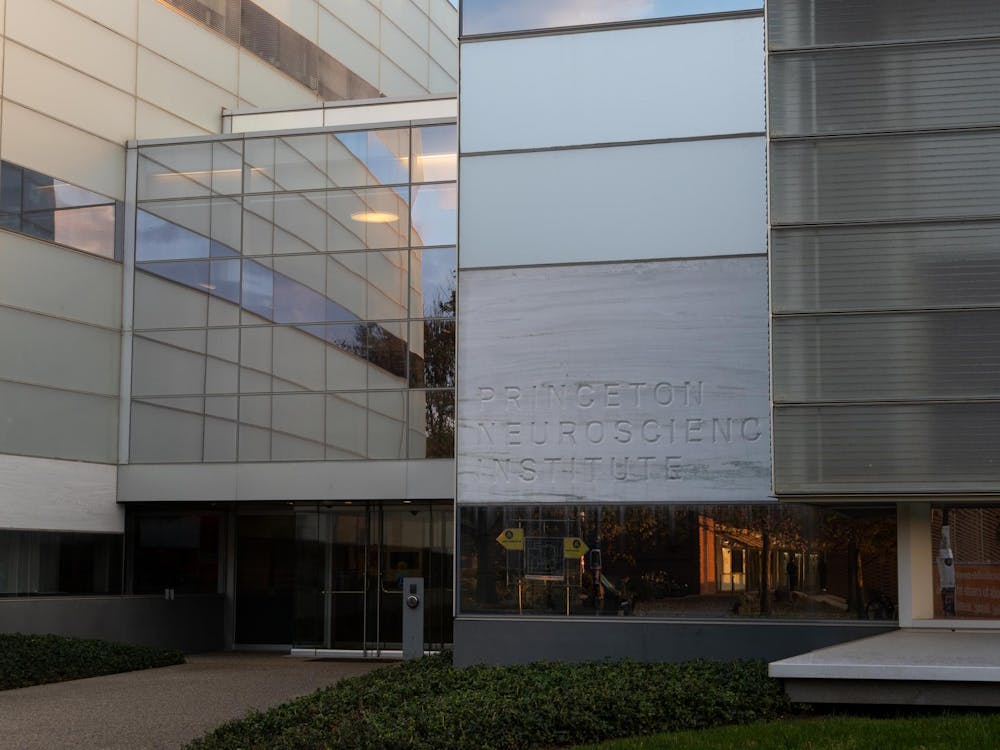Students made their way back to the University yesterday after the Thanksgiving holiday, braving the first major travel day since the Sept. 11 attacks and traditionally one of the busiest travel days of the year.
Though the American Automobile Association predicted a 6-percent decline in Thanksgiving holiday travel this year, students were confronted with crowded air terminals, packed train cars and clogged highways.
The combination of security measures and shear volume of people made for long waits at airports across the country. Armed National Guardsmen kept watch over a majority of the nation's airports, and security checkpoints required passengers to show their tickets before going through magnetometers.
"[Airport officials] take the whole metal detector process more seriously," said Jacob Hodes '02, who was traveling from Los Angeles yesterday afternoon. He said he felt "safer than ever" because of the increased attention toward security.
Some airports used more extreme measures. One airport even shut down a terminal after a security breach.
"A lady, who didn't speak English, could not communicate very well with the security [personnel] checking bags; so she walked by the check. Seven hundred people were evacuated from the lobby [of the airport]," said Chuck Brown '02, who was traveling from Memphis, Tenn., back to campus.
Some students found the increased security measures unnerving.
"The biggest thing was seeing people with semi-automatic weapons," said Andres Palmiter '05, who was traveling from Greensboro, N.C., to Trenton-Mercer Airport. "For me, that's the real downer. It's disconcerting that we need soldiers at our airports," he said.

While aviation consultants, such as Michael Boyd of The Boyd Group in Colorado, predicted a 25-percent drop in air travel for the holiday weekend, several airlines said that their flights were almost at capacity.
Even the crash of Crossair Flight 3597 on Saturday night in the snowy forest on approach to Zurich did not seem to affect air travel. The crash killed 24 people. Authorities do not suspect sabotage.
Some airports were expecting lower numbers from last year because of the Sept. 11 attacks and the crash of American Airlines Flight 587 over Queens, New York city.
For example, Los Angeles International Airport predicted it would have 25 percent fewer arrivals and departures than last year. Even so people were waiting in lines to enter the terminals for Southwest and America West airlines for as long as 20 minutes.

Because fewer people traveled on airplanes this year, both trains and roads were jammed.
Rail lines saw an increase in passengers during the holiday weekend compared to last year. Amtrak - though it has not announced final passenger counts - reported that it added 75,000 seats. That was more than last year's Thanksgiving holiday period, when 567,000 people rode on the passenger rail service during a seven-day period.
AAA predicted that 87 percent of holiday travel this past weekend would occur in automobiles. And the roads showed it.
"The traffic [yesterday] was the worst I've seen since I've been at Princeton," said Graves Tompkins '02, who was traveling by car from Alexandria, Va., to campus. The drive took twice as long as usual, he said.
Rest stops were packed on busy I-95 in Delaware, and the New Jersey Turnpike was backed up for seven miles in the southern part of the state.
"There's only so much asphalt out there," director of public affairs for the New Jersey Turnpike Lynn Fleeger told the Associated Press.
(The Associated Press contributed to this report.)







